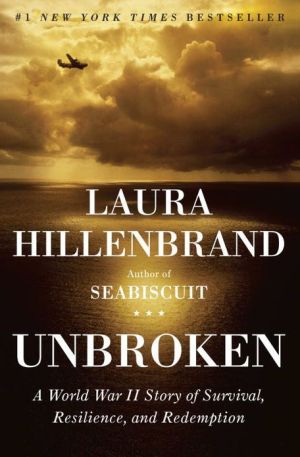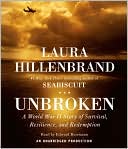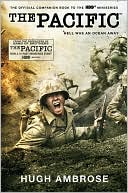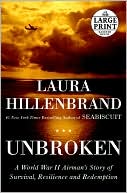Green Hell: The Battle for Guadalcanal
This is the story of thousands of Melanesian, Australian, New Zealand, Japanese and American men who fought for a poor insignificant island in a faraway corner of the South Pacific Ocean. For the men who participated, the real battle was of man against jungle. This is the account of land, sea and air units covering the entire six-month battle-stories of ordinary privates and seamen, admirals and generals, who survived to claim the victory that was the turning point of the war in the Pacific.
Search in google:
For those of us who grew up during World War II, the singular name of Guadalcanal represented the war. When the battle began, I was 10 years old and back on the Alabama farm where I'd been born. My father, a Naval Officer, was getting ready for the invasion of North Africa. He had participated in the invasion of Sicily and was in Milne Bay, New Guinea at the end of the war.We had a comic book called Guadalcanal Diary and the book and the movie. We heard accounts of glorious feats by our beloved fighting men during the time when the forces were barely hanging on. Green Hell: The Battle for Guadalcanal is a saga of survival by both American and Japanese troops in the pestilent jungle, where the young, unprepared Marines suffered terribly, but the Japanese suffered worse. It is the story of the green, poorly equipped 1st Marine Division standing up to the unbearable rigors of jungle warfare. More men on the Island were lost to malaria and other ravaging diseases than to enemy fire. Sailors whose ships were blasted out of the water had to contend not only with blazing fires and oil-coated waters, but with the deadly sharks that infested the seas.Contrary to common belief, the battle for Guadalcanal did not end with the evacuation of the battered 1st Marine Division. After four months of near starvation, death and maiming, two more bloody and miserable months would pass before the Japanese abandoned the Canal. The Army would take over, and with the presence of the 2nd Marine Division, drive the enemy off the island. Guadalcanal was a gruesome and grueling campaign that lasted almost exactly six months.Guadalcanal is generally proclaimed a Marine victory and the Army's participation is almost trivialized. The new motion picture release "The Thin Red Line" is the Army's story, but the truth is that the victory at Guadalcanal resulted from the efforts of all the American armed services. The Navy alone lost four times as many men as perished in land fighting.While preparing to write this book, I was appalled at the state of unreadiness and often-disastrous leadership in all the services. But above the propensity for failure - common to both sides - it was the simple courage and tenacity of the American fighting man that won out. Guadalcanal was a unique battle, unlikely ever to take place again. When future political war hawks talk of glorious battle, send them off to a place like Guadalcanal and let them settle matters among themselves. In the final analysis, the men on Guadalcanal did not fight for God, country, or Mom's apple pie. They fought to survive. Heroics born of desperation marked the battle that was won by privates, non-commissioned officers and junior officers, not by generals sitting around a polished table. Each time these men were nearly driven off the Canal, they reached down into their hearts and found new depths of courage and fortitude. Guadalcanal was a battle the American's should have lost, but no one told the fighting men. Booknews A heroic account of the first US offensive in the Pacific theater of World War II, the amphibious assault on Tulagi and Guadalcanal on 7 August 1942. Based on interviews, personal accounts, and official records. Includes a glossary without pronunciation. Annotation c. by Book News, Inc., Portland, Or.
\ BooknewsA heroic account of the first US offensive in the Pacific theater of World War II, the amphibious assault on Tulagi and Guadalcanal on 7 August 1942. Based on interviews, personal accounts, and official records. Includes a glossary without pronunciation. Annotation c. by Book News, Inc., Portland, Or.\ \








